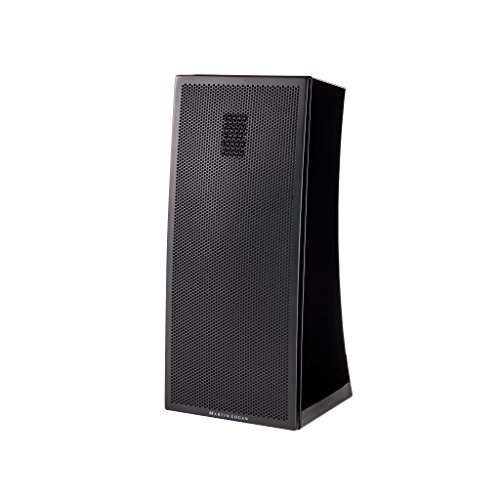Tubes sound Better!!!
No, they don't!!!
Yes, they do!!!
Come on guys, this is not an opinion poll. It's a discussion. And the original poster wasn't even concerned with what sounds better. He was asking about what the maintenance demands of tube amps are.
As for the tube vs. solid state debate, there are tube amps that sound great and tube amps that sound like crap. Just like solid state. In general, most people will prefer one over the other for lots of different reasons, as Gordon enumerated.
I find it interesting that for the past twenty or so years, solid state manufacturers have been trying to get their amps to have a more warm, smooth, "tubelike" sound, while tube manufacturers are trying to get their amps to have a more neutral sound with that solid state bass kick. Everybody wants the best of both worlds. Which is one reason lots of folks biamp with tubes on the panels and solid state on the bass, or why folks run a tube preamp with solid state amps. I personally have done both with great results.
To answer your question, David, there are lots of tube amps / preamps available that require very little maintenance. Expect to have to replace the tubes every couple of years or so, and expect to have to bias them every time you change tubes and about every six months or so. If you buy an auto-biasing amp, you don't even have to do that. With my CJ amp, biasing is a breeze. You just turn a small knob using a supplied tool until an led light goes out and then you move on to the next one.
Rarely does one tube just "blow." Usually the sound just degrades as the tubes age and at some point you realize that it is time to change the tubes and you change all the tubes at once. Changing tubes is also easy -- no need to send it off to be retubed. You can buy tubes directly from the amp manufacturer or from a specialty tube dealer. You can get quality current manufactured tubes reasonably priced or you can get quality New Old Stock (NOS) tubes for an arm and a leg.
Sure, they are a little more work than solid state amps, but not so bad as to keep you from enjoying them. Look at Cherian. He just got one and doesn't seem to be having any issues. My suggestion is to buy one used on A'gon and play with it for awhile and if you don't like it you can probably sell it again with little loss of money.













